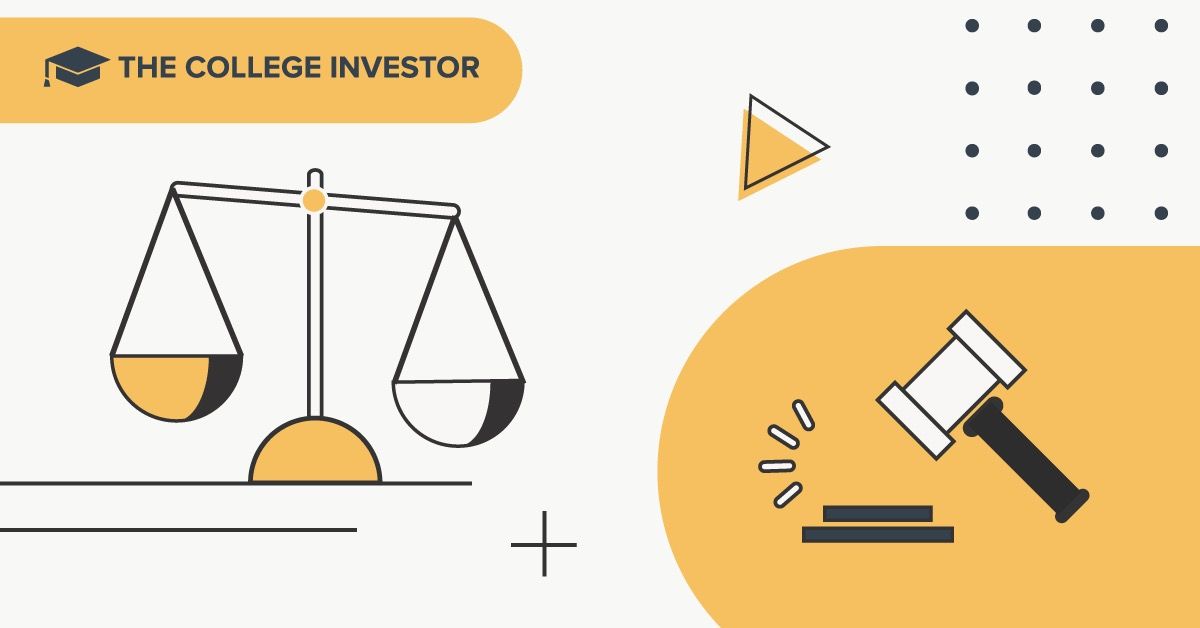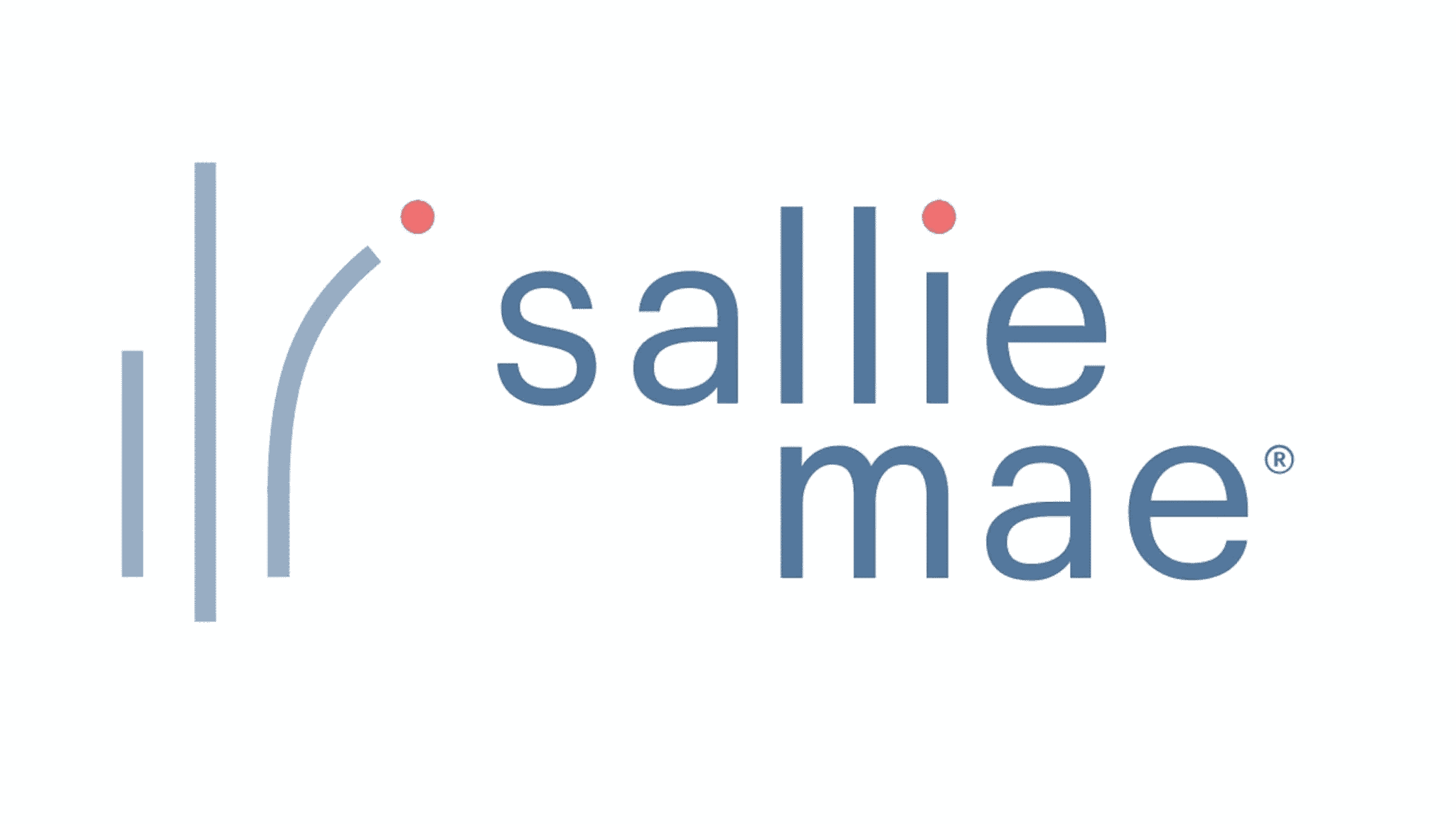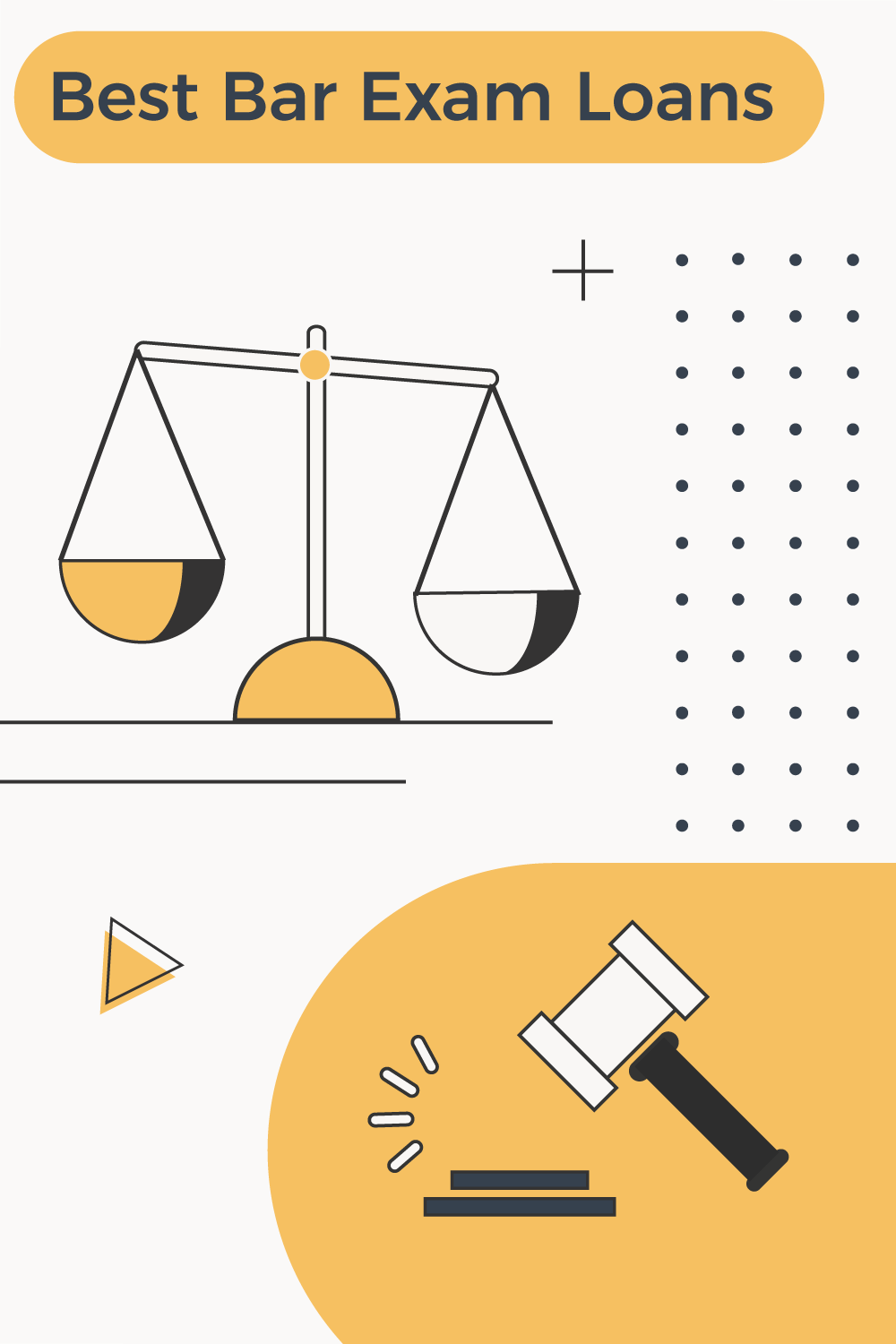
Bar exam loans are special loans to help you cover living expenses and exam fees while studying for the bar after law school.
Navigating the legal world can be a challenge, but financing your bar exam preparation shouldn’t be. With various bar exam loan providers offering tailored solutions for law students, making an informed choice is crucial.
In this article, we’ll explore the best bar exam loans options, their unique features, and alternative financing methods to support your journey to becoming a successful attorney.
What To Look For In A Bar Exam Loan
When shopping for a loan, it’s important to compare products from different loan providers. Here are some key features to consider:
- Interest rates: Obtaining a competitive interest rate is critical. Do your best to secure the best rate for your situation.
- Fees: Many lenders charge fees on their loans. Common fees include late payment fees and loan origination fees. It's important to compare fees to avoid overpaying.
- Borrower protections: Life doesn’t always go according to plan. Some lenders offer hardship options, like forbearance, as a reprieve during tough times.
- Loan terms: The right loan term will depend on your situation. But you’ll likely want to work with a lender that offers multiple term length options.
Best Bar Exam Loans
The best bar exam loans can help you cover living expenses and bar study classes. It’s the final push before becoming a fully-fledged lawyer. Here’s a look at the top options:
Sallie Mae

- Fixed APR: 7.01% to 15.26% APR
- Variable APR: 8.13% to 17.72% APR
- Loan terms: Up to 20 years
Sallie Mae offers bar study loans to law students who have graduated in the last 12 months or are currently enrolled at least half-time. U.S. citizens and permanent residents can apply for this loan.
International students can apply with a co-signer. While almost 70% of applicants are approved without a co-signer, Sallie Mae gives the option to add a co-signer to this loan. If you make 12 on-time payments, it’s possible to apply for co-signer release.
The loan amounts range from $1,000 to $15,000. You won’t run into origination or early repayment penalties through this loan. If you sign up for automatic payments, you can lock in a 0.25% interest rate reduction.
After the loan funds are disbursed, you’ll have the option to defer payments for nine months after leaving school. If you aren’t able to make large monthly payments, you can request to make interest-only payments for the first two to four years of the repayment period.
PNC Bank

- Fixed APR: 6.99% to 14.49% APR
- Variable APR: 8.12% to 16.37% APR
- Loan terms: Up to 20 years
PNC Bank offers bar exam loans to students planning to take the exam within six months of graduation from an PNC-approved law school. U.S. citizens and permanent residents can apply, with or without a co-signer, you can apply to release them from the loan after making 48 on-time payments.
The loan amount can be up to $15,000. However, PNC places an aggregate limit of all student loan debt, including this bar exam loan, at $225,000. If you have more student loans than this limit, PNC Bank’s bar exam loan won’t be an option.
If you sign up for automatic payments, you’ll enjoy a 0.50% interest rate discount. Once you take out the loan, you’ll have the option to start making payments immediately. If that’s not an option for your budget, you can choose to defer the payments until six months after your graduation date or make interest-only payments until the six month mark.
Understanding Bar Exam Loans
Bar exam loans are specifically designed to help law students finance the expenses related to taking the bar exam, such as registration fees and living expenses during the preparation period. These loans differ from traditional student loans in their terms and purpose, as they are tailored to assist law students with the unique financial requirements of bar exam preparation.
In evaluating bar exam loan options, considering the loan limits, repayment terms, and interest rates offered by each lender becomes significant as these factors will dictate the funding amount and the overall cost of the loan.
In addition to federal student loans, private student loans can be a viable option for law students seeking tailored financial support for their bar exam preparation.
Choosing the Right Bar Exam Loan
In choosing the right bar exam loan, taking into account your financial circumstances and objectives becomes significant. Start by assessing your current financial situation, including your credit score, income, and existing loan obligations. This information will help you determine your eligibility for various loan options and whether you may need a creditworthy cosigner to secure a loan or obtain a lower interest rate.
Next, compare interest rates, loan terms, and repayment options offered by different lenders. Keep in mind that interest rates can vary widely between private loans and federal student loans, so it is crucial to weigh the pros and cons of each option before making a decision. Additionally, consider any potential lender-specific benefits, such as interest rate discounts for automatic payments or flexible repayment options, when making your choice.
Lastly, before committing to a bar exam loan, don’t forget to explore alternative financing options such as scholarships, personal loans, and employer assistance programs. These alternatives may provide more favorable terms or additional financial support that can help ease the burden of financing your bar exam preparation.
Alternatives to Bar Exam Loans
If you’re considering alternatives to bar exam loans, there are several options available to help finance your bar exam preparation. Scholarships are a popular choice, as they offer financial aid based on merit or need and do not require repayment. Research and apply for scholarships specifically targeted at law students preparing for the bar exam.
Another option is securing a personal loan from a bank or credit union, which can provide more flexible repayment terms and lower interest rates than private bar exam loans. Additionally, some employers offer assistance programs such as tuition reimbursement, loan repayment assistance, and other forms of financial support.
Be sure to explore these alternatives and weigh their pros and cons against bar exam loans before making a final decision.
The Bottom Line
A bar exam loan can help you wrap up the final stage of your law degree with minimal financial stress. Although taking out a loan will add to debt load, you'll have the space you need to study for the bar exam.
When shopping, remember to compare the most important features, such as interest rates, term and payment flexibility.
Related:
Frequently Asked Questions
What is a bar study loan?
Bar study loans are private loans available to law students to cover expenses associated with their bar exams, such as exam fees, course costs and living expenses. They provide a means for law graduates to finance their bar studies in order to begin practicing law.
How do bar loans work?
Bar loans are a form of private student loan that can cover living expenses and bar exam preparation fees. Generally, you must be in your last year of law school or have graduated within the past six to twelve months to qualify, and you'll need to sit for the exam within twelve months of graduating. The amount you can borrow is not limited by a school cost of attendance, and lenders will base their rates off of your credit score.
Is it hard to get loans for law school?
Getting a loan for law school is dependent on having a good credit score. Banks and credit unions offer private loans with fixed or variable interest rates.
How to afford living while in law school?
Apply for school- and state-based aid to help cover living expenses while in law school. You may also qualify for a Federal Work-Study position, which allows you to work part-time on campus to earn money.
What is the purpose of bar exam loans?
Bar exam loans are designed to help law students finance the bar exam related expenses, such as registration fees and living costs during preparation.

Sarah Sharkey is a personal finance writer covering banking, insurance, credit cards, mortgages and student loans. She has written for numerous finance publications, including MagnifyMoney, Business Insider and ChooseFI. Her blog, Adventurous Adulting, helps young adults get a handle on their finances.
Editor: Colin Graves Reviewed by: Robert Farrington
